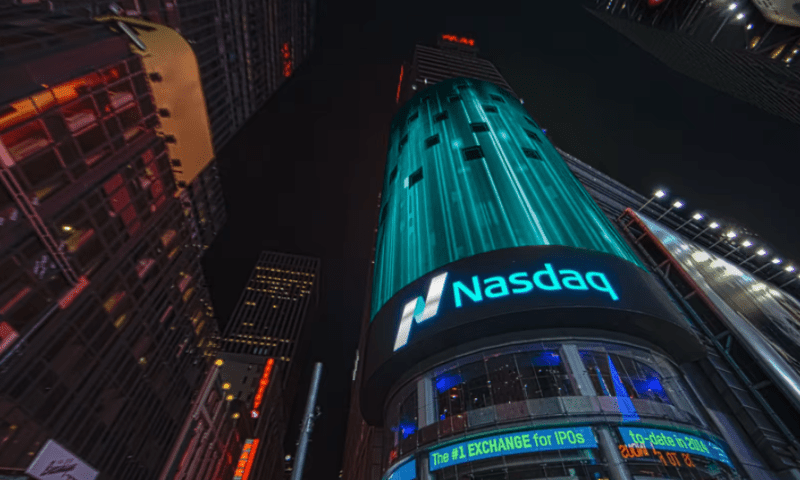Third Harmonic Bio is braving the frosty IPO waters. With the weakest quarter for biotech IPOs in years still fresh in the memory, and the proceeds of a $105 million series B still in its bank account, the allergy and inflammatory disease startup has filed to tap public investors for cash to run early-phase trials.
The IPO will provide an indication of whether the recent uptick in biotech stock prices is translating into renewed enthusiasm for new listings. In the second quarter, three drug developers pulled off IPOs, a tiny number when viewed in light of the 111 biotechs that listed last year. Yet, there are signs of a recovery on public markets, with the XBI biotech index up 18% so far in the third quarter.
Third Harmonic’s pitch to join the small band of biotechs that have gone public in 2022 rests on THB001, a small-molecule inhibitor of the KIT cell surface receptor that is involved in the regulation of mast cells. Because mast cells drive allergic inflammatory reactions, Third Harmonic is betting that inhibiting KIT will provide broad symptom relief to patients with a range of disorders, starting with the inflammatory skin condition chronic inducible urticaria.
The focus puts Third Harmonic up against biotechs including Celldex Therapeutics, which recently posted interim phase 1b data on its anti-KIT antibody barzolvolimab in chronic inducible urticaria. Celldex is now dosing chronic inducible urticaria patients with barzolvolimab in a pair of phase 2 clinical trials.
Third Harmonic is trailing Celldex as well as companies working on other ways to target mast cells but thinks THB001 has what it takes to come from behind. As a small molecule, Third Harmonic sees THB001 having more refined dose titration and improved patient convenience versus monoclonal antibodies. The biotech is also pitching THB001 as having higher selectivity for wild-type KIT than other small molecules.
A phase 1a trial linked the drug candidate to falls in a biomarker of mast cell activity. A phase 1b trial in chronic inducible urticaria is scheduled to start in the second half of the year, teeing Third Harmonic up to report initial data by the end of 2023. In parallel, the biotech plans to file to run a phase 1b asthma trial in the first half of next year.
Third Harmonic wants public investors to step up and fund the R&D strategy, which includes a phase 2 trial in chronic spontaneous urticaria. The biotech raised $105 million in a series B round in December—a financing that it disclosed in February—and still had $113 million in the bank as of the end of June. Atlas Venture, OrbiMed and Novartis Institutes for BioMedical Research are the three largest shareholders.
Novartis granted Third Harmonic a license to three compounds, including THB001, in 2019 in return for $0.4 million upfront, a stake in the biotech, up to $31.7 million in development milestones and up to $200 million in commercial paydays.

